Stopping to eat noodles at Ms. Chanh's in the Old Market area on Ton That Dam Street, District 1, Ho Chi Minh City, I suddenly remembered my childhood memories of being taken by my mother's hand to the market, then going through each stall to find a breakfast with a strong Saigon flavor.
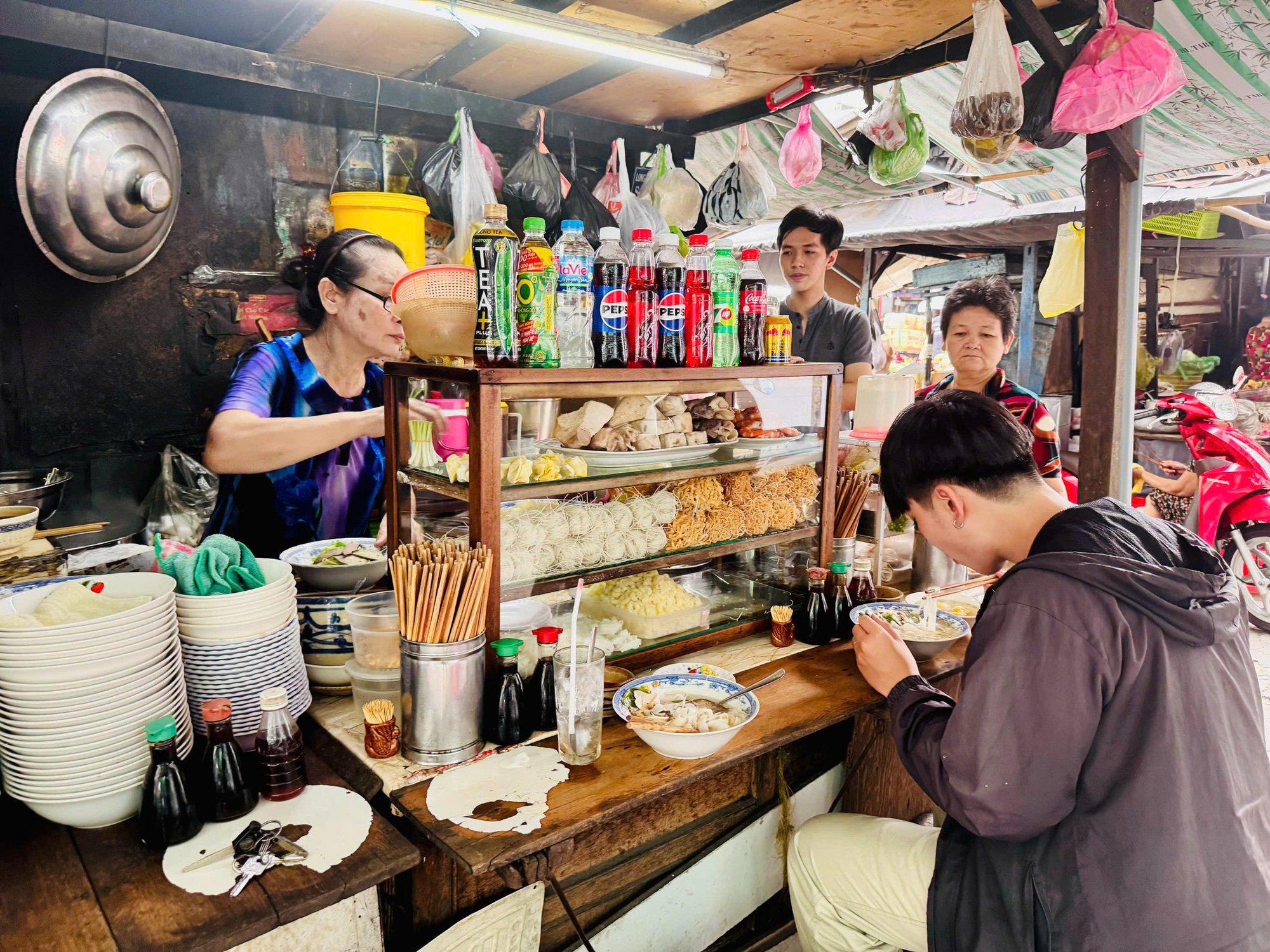
A morning at Ms. Chanh's noodle stall - Photo: HO LAM
Ms. Chanh's noodle stall is hidden behind the stalls in the Old Market area, Ton That Dam Street, District 1, Ho Chi Minh City. This is one of the oldest markets and is associated with the memories of many Saigon people.
"Miss Chanh" is the affectionate name that many people around here often use to call the noodle shop owner.
To date, according to Ms. Chanh, the restaurant has existed for more than 50 years. When coming to the restaurant, there are two things that make customers remember forever. That is the retro-style table set and the peaceful feeling when sitting at the market to enjoy a familiar breakfast dish.
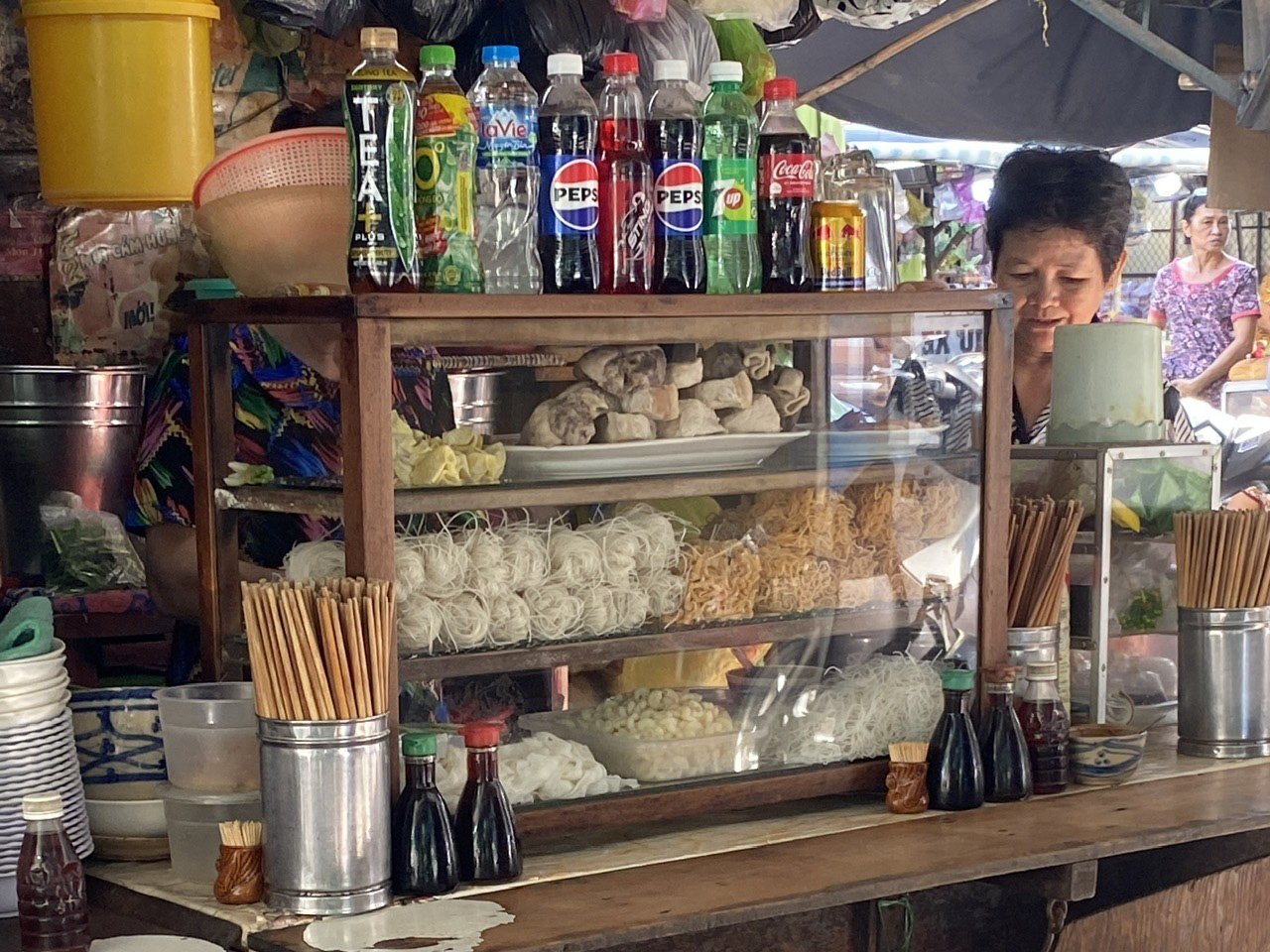
Old-style noodle shop - Photo: DANG KHUONG
Retro noodle shop
In the 90s, Ms. Chanh inherited the noodle shop from her uncle's family. Every day, she woke up at 4 am to cook the broth and prepare the ingredients.
Ms. Chanh’s restaurant sells many dishes such as noodles, rice noodles, macaroni, etc. All the ingredients are neatly arranged in an old glass cabinet. Each dish is carefully prepared by her, from seasoning to decoration.
According to Ms. Chanh, the best-selling dish here is noodles.
There are two types of noodles: thin and thick, processed to be chewy and crispy. The noodles are served with shrimp, fried garlic, pork fat, liver, heart, pork, etc. The liver is processed to not have a fishy smell, which is a big plus.
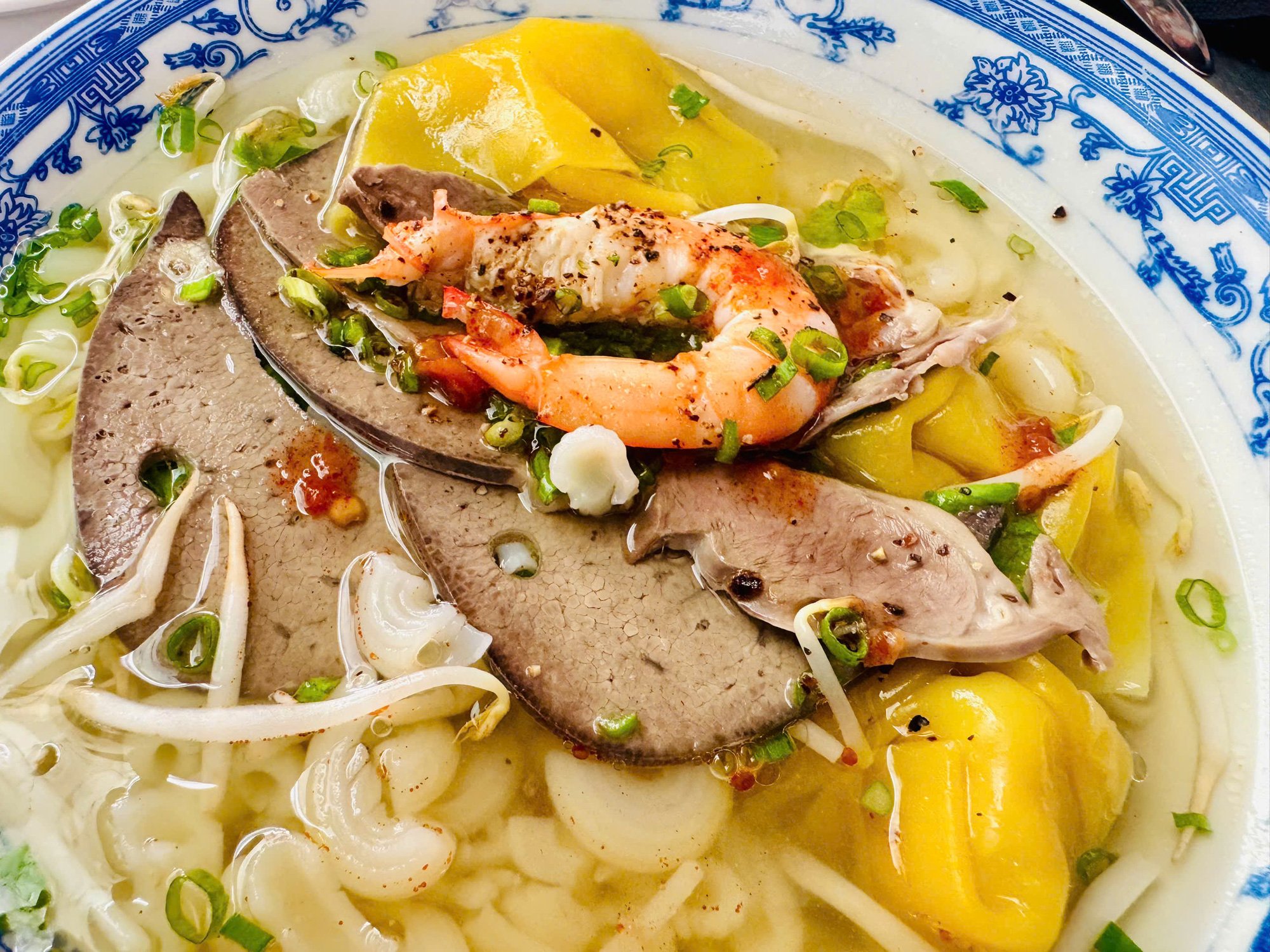
Ms. Chanh's restaurant sells many dishes such as noodles, rice noodles, pasta... - Photo: HO LAM
Ms. Chanh's broth also "elevates" the noodles. The broth is not too sweet, but still has a rich flavor. Diners can adjust it to their taste with vinegar and soy sauce available on the table.
Sitting at Ms. Chanh’s noodle stall, it is hard to take your eyes off the plump wontons. The thinly rolled wontons do not make diners feel full. The meat is saltier than many other restaurants, but the clear broth and light seasoning balance the flavors.
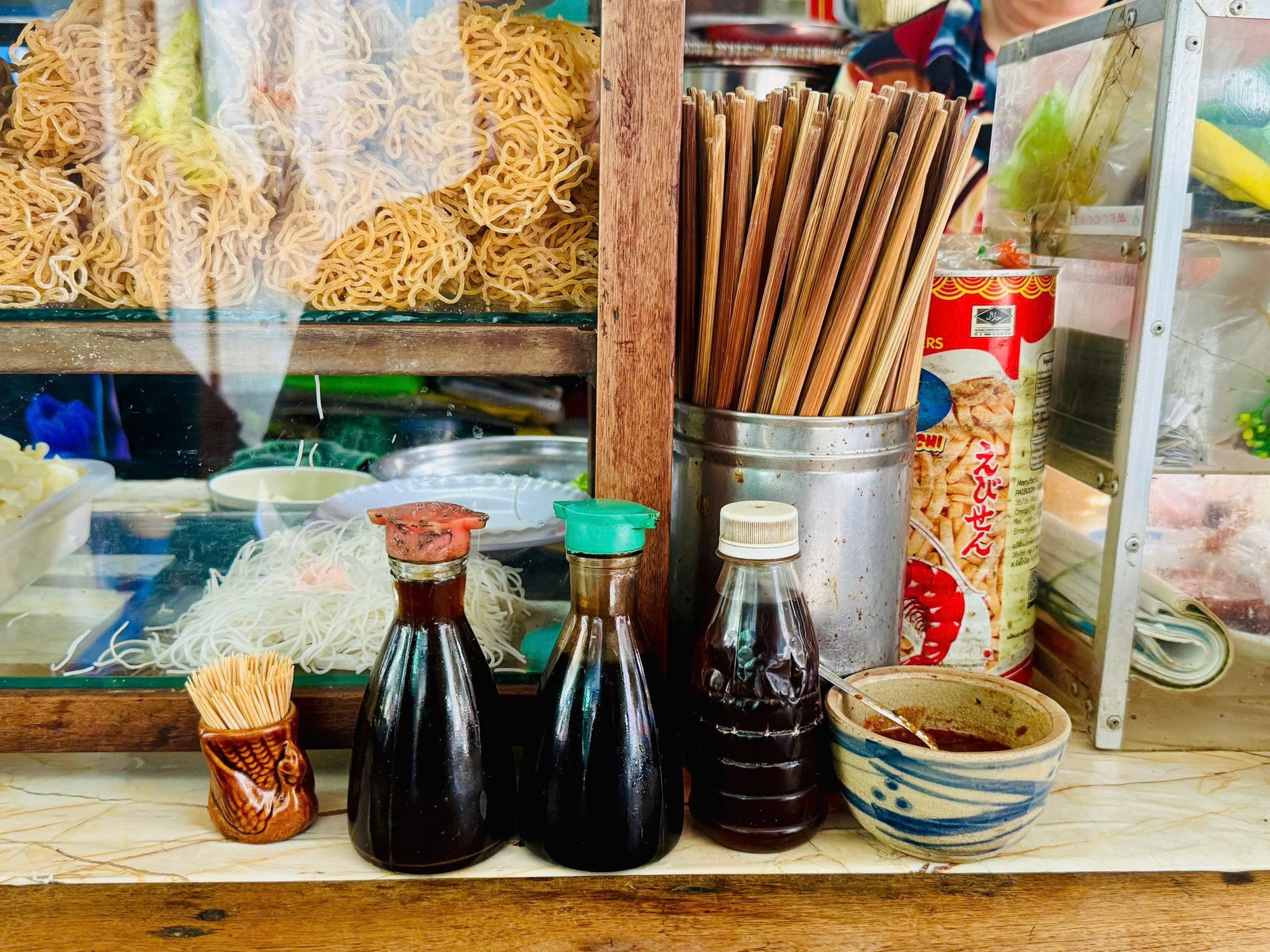
Spices are available on the table for diners to season themselves - Photo: DANG KHUONG
In the Google Maps review section, Khuong Tran shared: "The sweet taste, the noodles and the old-style hu tieu are very delicious."
The furniture and cabinets here were all made by Ms. Chanh’s uncle’s family. The old wooden tables and glass cabinets give people a strangely familiar feeling.
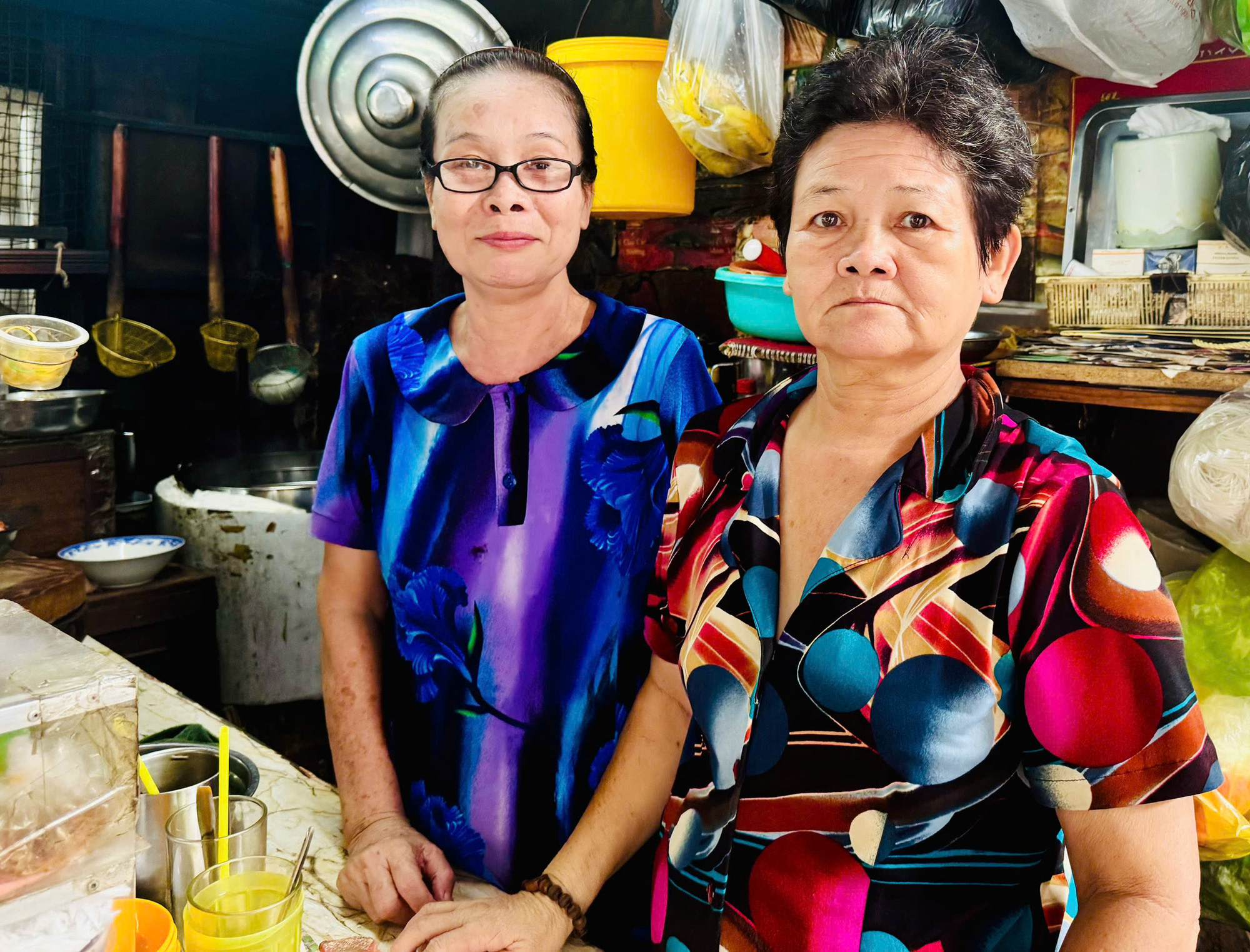
The Girl (right) is a close friend and has helped Ms. Chanh (left) maintain the noodle stall since the early days - Photo: HO LAM
The smell of noodles, the smell of the market on an early morning
It is just a stall, without a sign, but every day Ms. Chanh still works tirelessly to sell. Customers coming to the noodle stall include both young and old people.
Many customers come, go and then come back, partly because they crave the feeling of enjoying a bowl of noodles in the market, partly because they like the personalities of the two vendors.
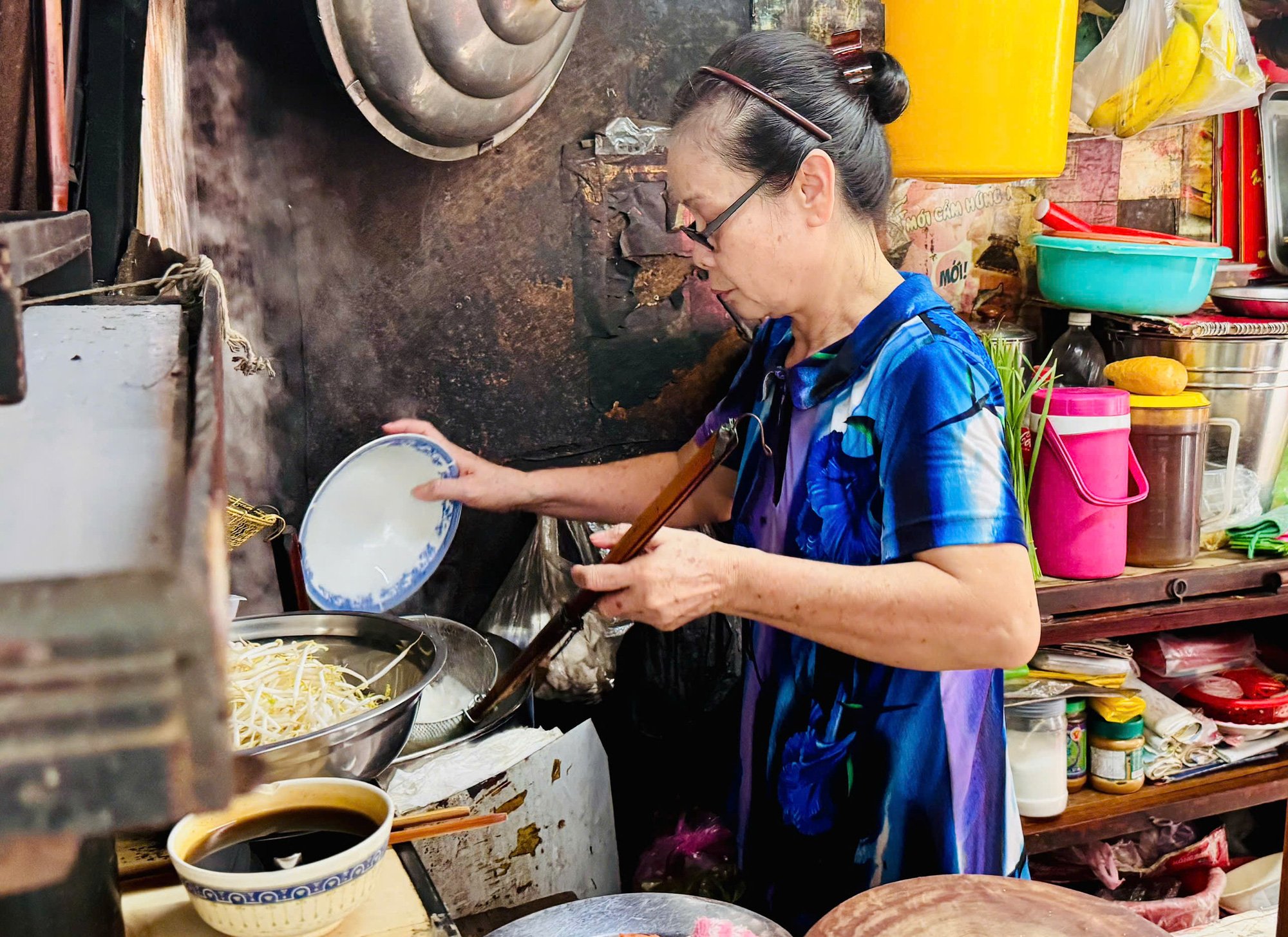
Ms. Chanh serves noodles to customers - Photo: HO LAM
"A customer came back and said: 'Oh my God! I miss Gai so much, I miss Chanh so much! I never forget your noodles, I miss them wherever I go'. Then the two of us hugged each other, both happy and sad" - Ms. Chanh recalled.
For Ms. Chanh, selling noodles not only brings income to her family but also brings joy and comfort as she gets older:
"Sometimes I don't even sell enough to pay for the goods because the market is quite deserted. If we sell together, we can afford two meals a day, sometimes with a little extra. Sometimes when sales are too slow, we don't have enough money to pay for the goods. But I still like to sell because I'm passionate about it."
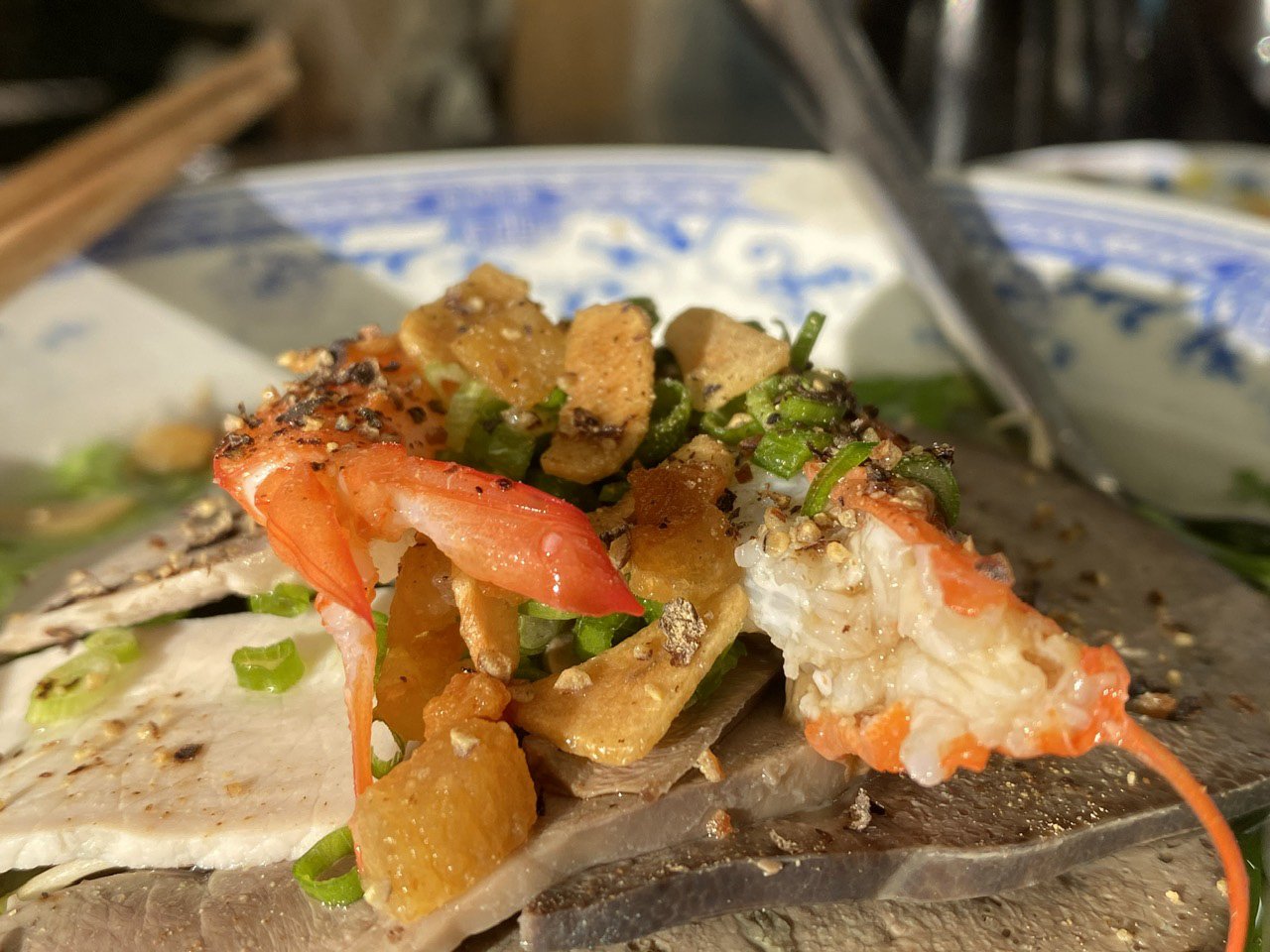
Hu Tieu costs from 30,000 VND per bowl - Photo: DANG KHUONG
I asked Ms. Chanh: "What if one day I can no longer sell noodles in the market?", she said: "When I can no longer sell noodles, I will have to stop.
But it will probably be sad because there will be no one to continue the two-generation family noodle shop. That is normal. At that time, old stalls like this will forever become memories."
Eating out in the market has probably become a way of life, a cultural feature deeply ingrained in the minds of Saigon people in particular and Vietnamese people in general.
Sometimes, Saigonese people walk and stop in the market for breakfast because they miss the smell of the market. It is a musty, humid smell but strangely lovely!
Source: https://tuoitre.vn/nho-tiem-hu-tieu-co-chanh-trong-khu-cho-cu-ton-that-dam-50-nam-van-dam-chat-retro-20241112104700118.htm


![[Photo] Ho Chi Minh City speeds up sidewalk repair work before April 30 holiday](https://vstatic.vietnam.vn/vietnam/resource/IMAGE/2025/4/3/17f78833a36f4ba5a9bae215703da710)
![[Photo] General Secretary To Lam receives Japanese Ambassador to Vietnam Ito Naoki](https://vstatic.vietnam.vn/vietnam/resource/IMAGE/2025/4/3/3a5d233bc09d4928ac9bfed97674be98)
![[Photo] Prime Minister Pham Minh Chinh chairs meeting after US announces reciprocal tariffs](https://vstatic.vietnam.vn/vietnam/resource/IMAGE/2025/4/3/ee90a2786c0a45d7868de039cef4a712)

![[Photo] Prime Minister Pham Minh Chinh chairs the first meeting of the Steering Committee on Regional and International Financial Centers](https://vstatic.vietnam.vn/vietnam/resource/IMAGE/2025/4/3/47dc687989d4479d95a1dce4466edd32)
![[Photo] A brief moment of rest for the rescue force of the Vietnam People's Army](https://vstatic.vietnam.vn/vietnam/resource/IMAGE/2025/4/3/a2c91fa05dc04293a4b64cfd27ed4dbe)


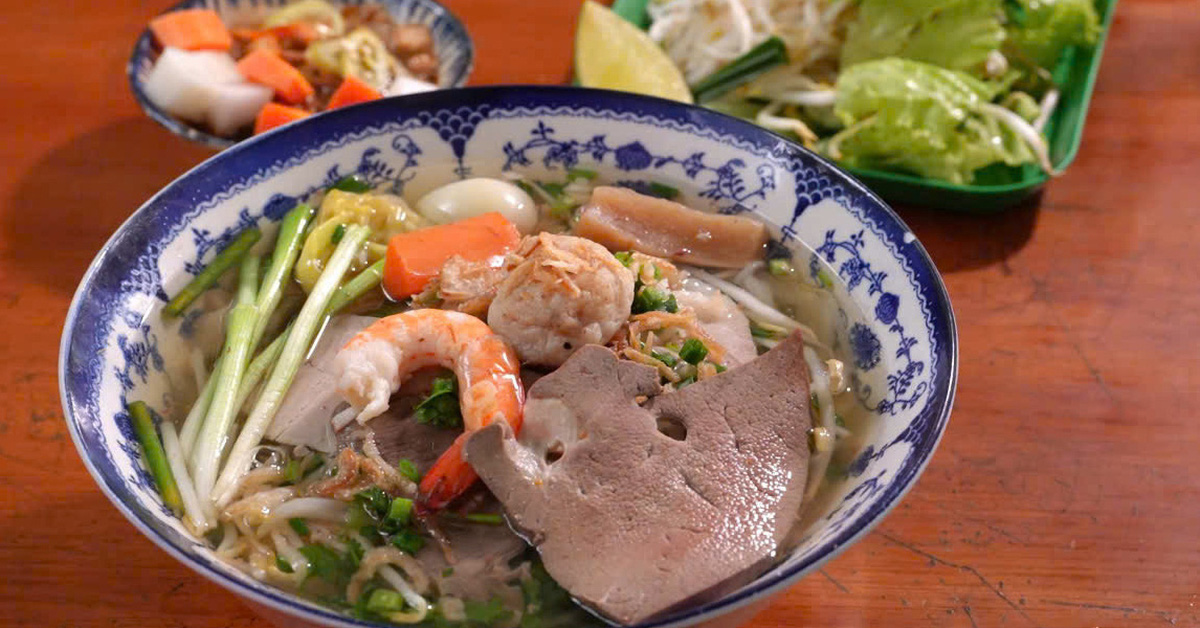



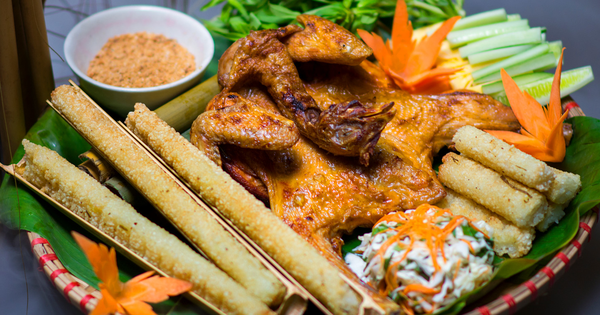
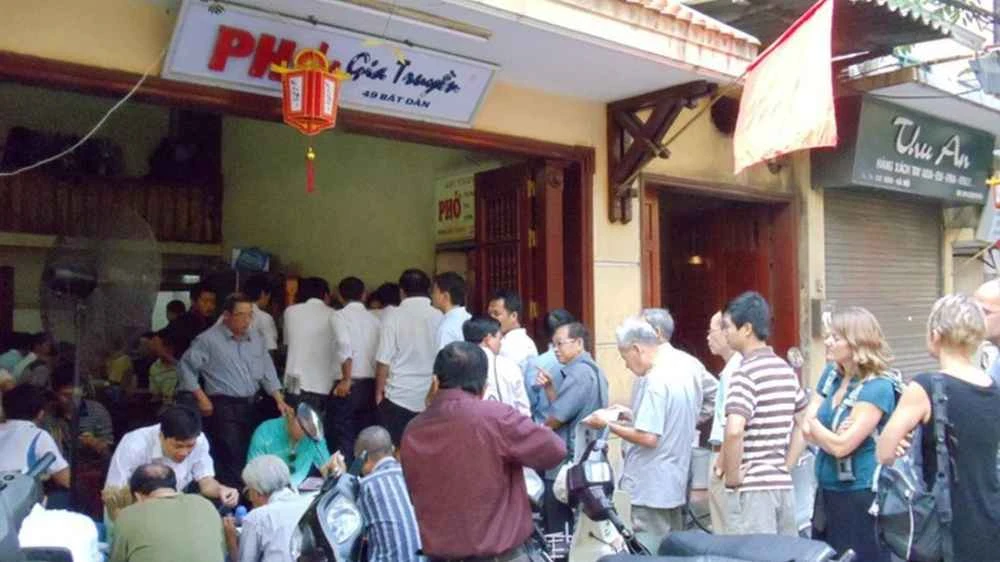






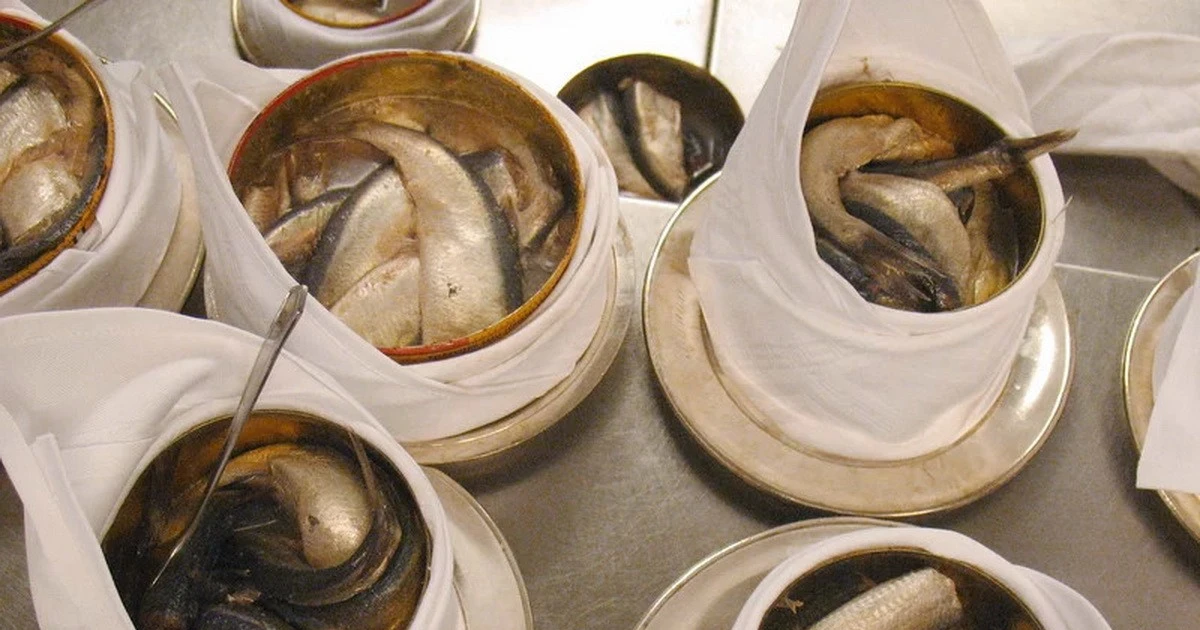








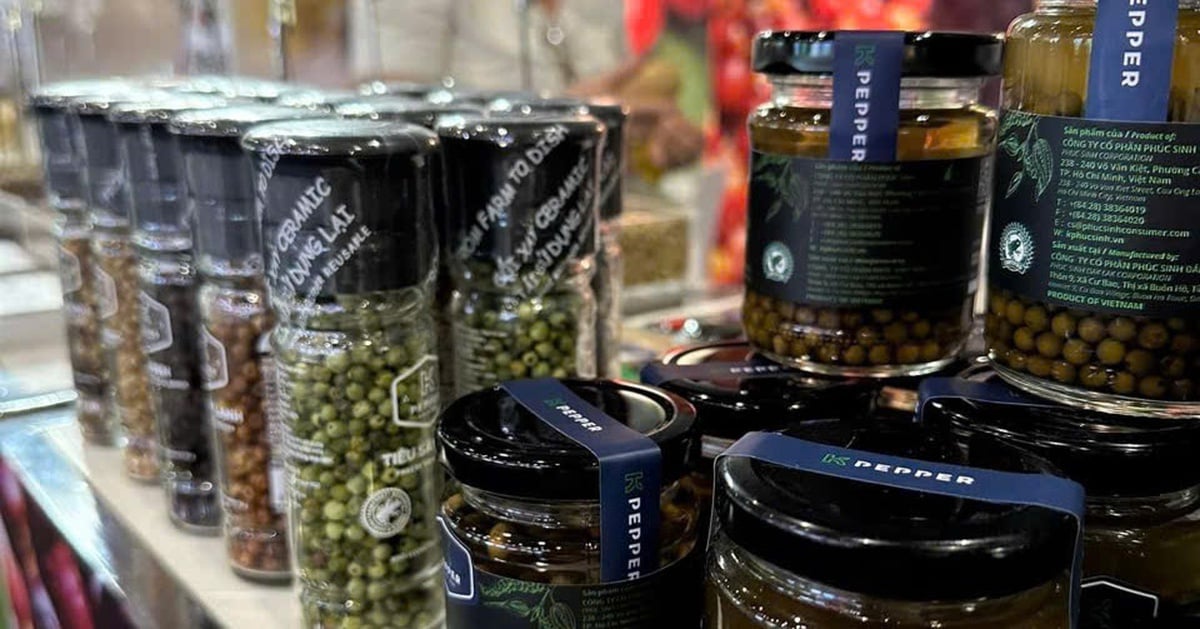




























































Comment (0)